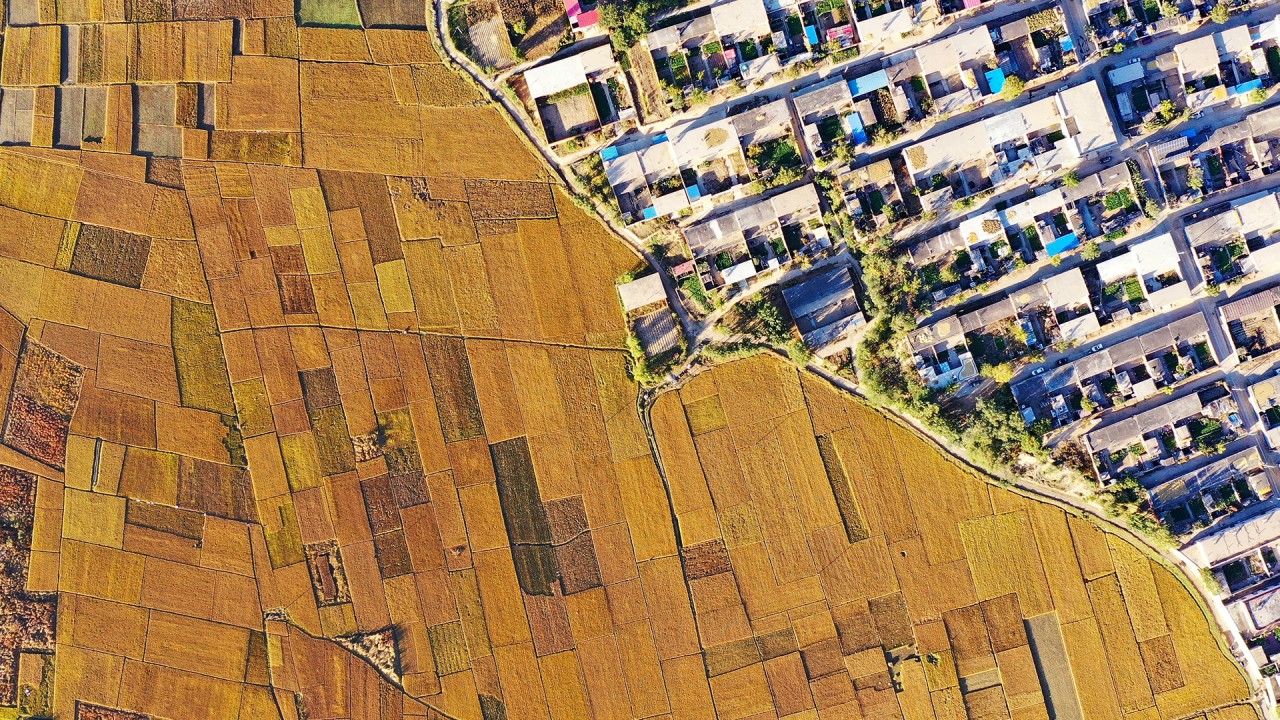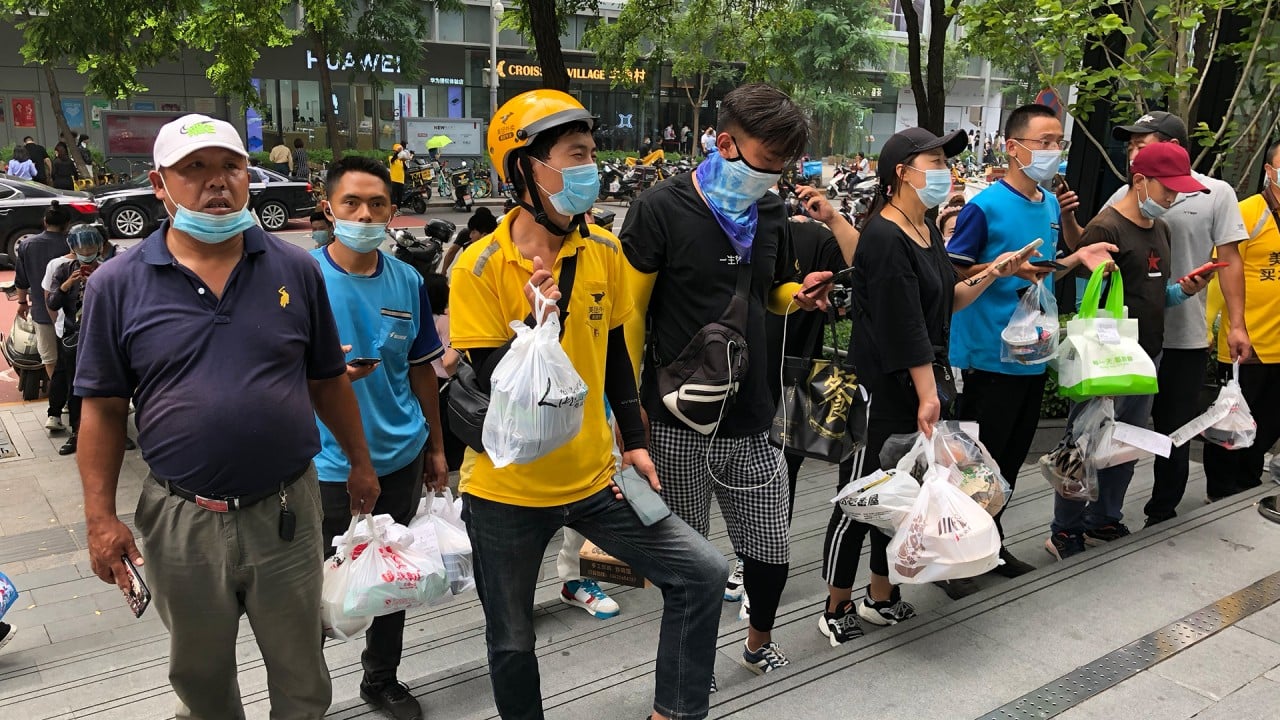
China food security: Beijing tells farmers to stick to grain amid global uncertainty
- The State Council has issued a new guideline restricting the planting of non-grain crops to ensure food security
- Concerns about China’s grain supply have grown this year, despite government assurances there is no problem
The Chinese government has issued an unusual guideline telling the country’s farmers not to scale back planting of wheat, rice and corn, in the latest sign that Beijing is taking no chances to ensure security of grain supply.
The use of arable land for non-grain crops had to be scrutinised and restricted because China must “stabilise domestic grain output to cope with uncertainties stemming from the global situation”, according to the notice published by the State Council, China’s cabinet, on Tuesday.
The guideline marked a noticeable departure from China’s long-standing policy of encouraging diversification in arable land use, especially a push to sow “economic crops” such as cotton and tobacco, or grow vegetables and dig fish ponds to boost growth.

02:12
China can expect bumper 2020 harvest despite bad weather and floods, officials say
Fears over grain supply can stir bitter memories in China. China’s former helmsman Mao Zedong rolled out an agriculture policy called “taking grain as the key line” in 1958 that sought absolute grain supply security amid international isolation, but the policy exacerbated famine and poverty in the countryside.
A key reform under Deng Xiaoping, who came into power in 1978, was granting arable land to rural households and allowing farmers to decide what to grow.
The issue, however, has regained prominence and Beijing has elevated grain security to become a strategic goal for the next 15 years.

04:13
Pandemic food delivery boom creating vast amounts of plastic waste in China
According to Tuesday’s guideline, farmers should prioritise growing grain and edible products, rather than focusing solely on economic return.
China must “complete the great job of feeding 1.4 billion people,” it said. It also ordered local governments to set “minimum grain planting acreages”.
The government has shied away from directly ordering farmers what to plant. Instead it is rolling out economic incentives to grow grain crops, including subsidies and minimum purchase prices.
During the trade war with the United States, China in 2018 encouraged farmers to grow soybeans by increasing subsidies, thereby cutting American reliance on imports.
The whole thing is going back to the old playbook – food security is about quantity instead of quality
Ma Wenfeng, an analyst from Beijing Orient Agribusiness Consultant, said it was important the government ensured industrial and commercial developments were not too aggressive on arable land.
Zhang Xin, an analyst at GLOCON Agritech Co-Innovation Institute, a think-tank in Harbin, said China was paying more attention to food policy after the coronavirus pandemic.
“The purpose of the policy is to ask all provinces to increase their grain supply,” he said. “The whole thing is going back to the old playbook – food security is about quantity instead of quality.
“Why is there a sudden shortage of food this year? In fact, in terms of supply, there will be no gap this year. The key is hoarding – the state is doing it and so is the entire industry upstream and downstream.”

